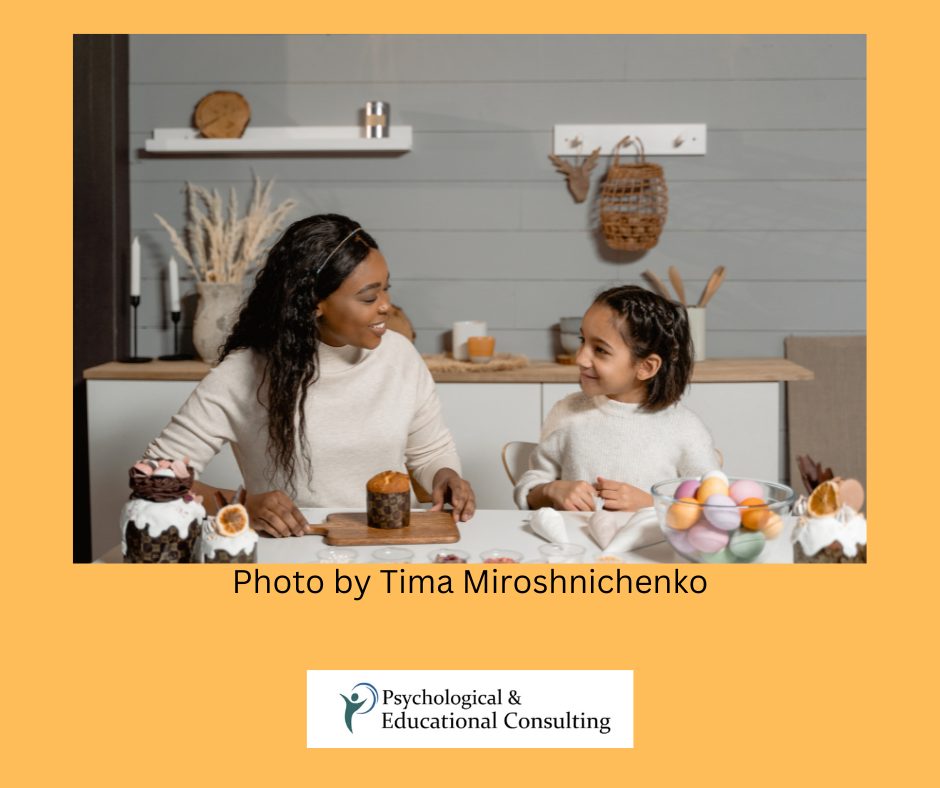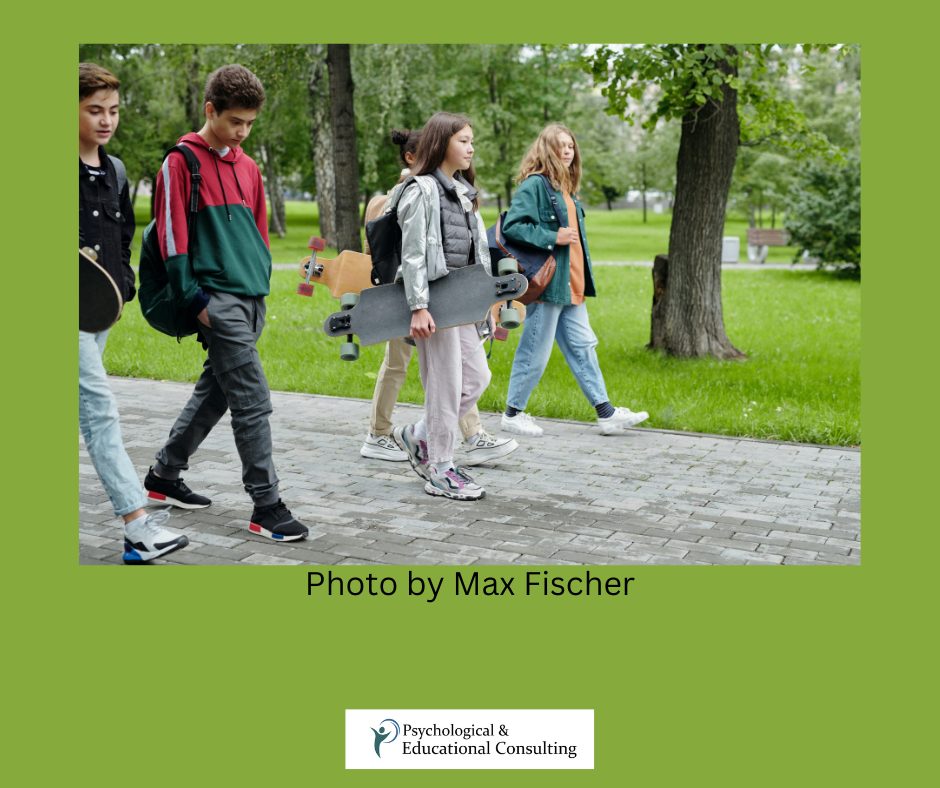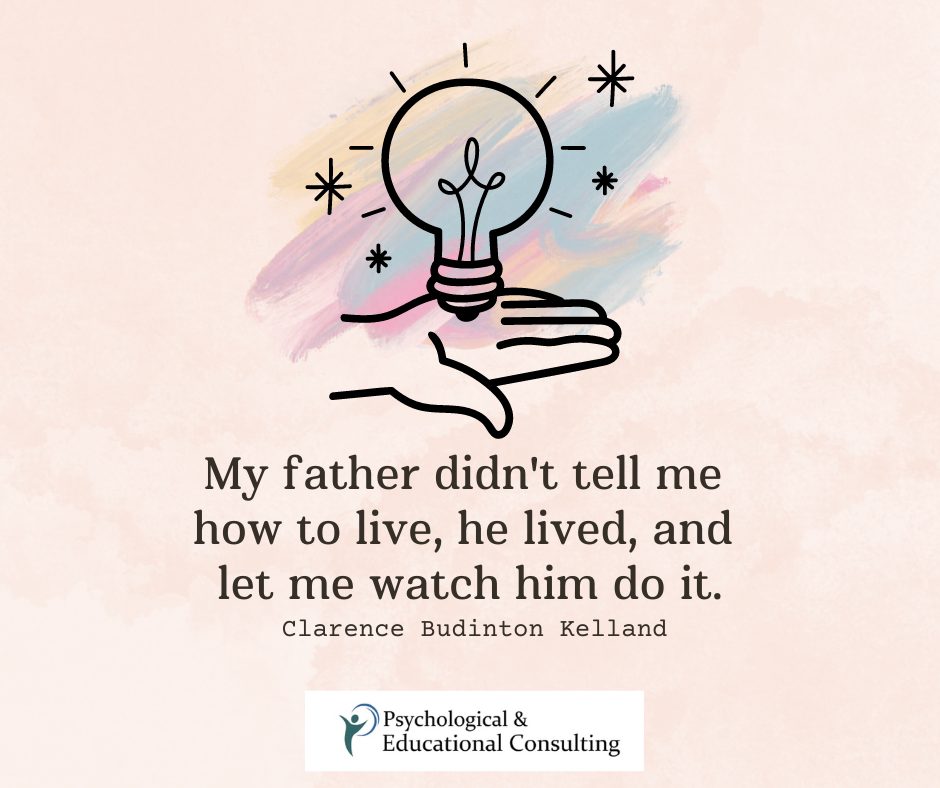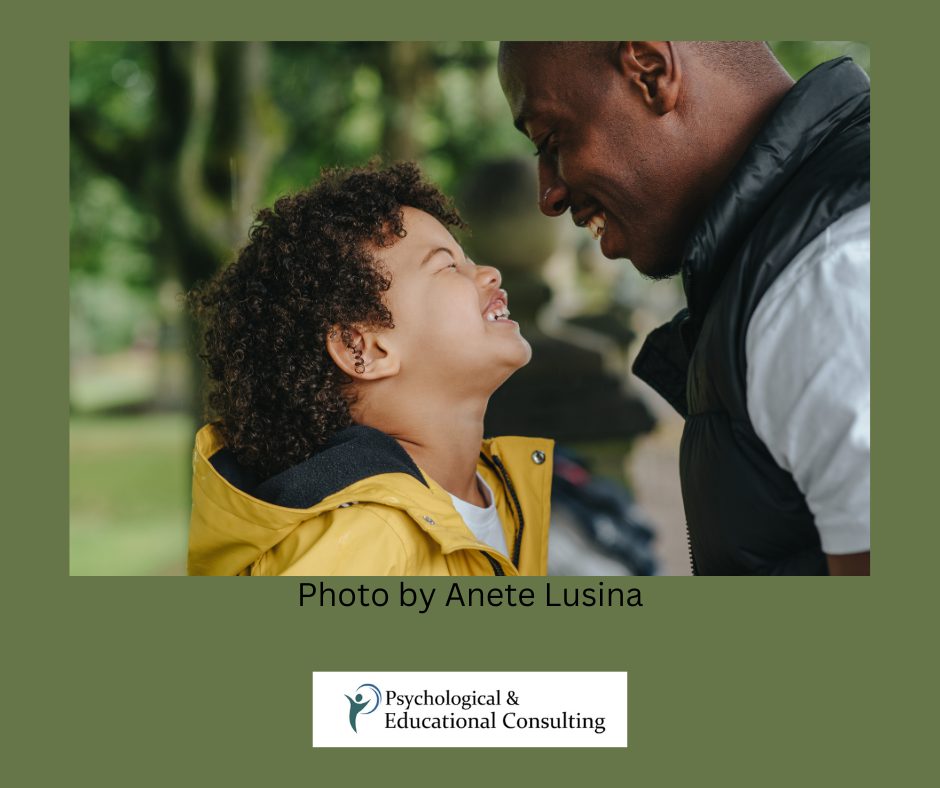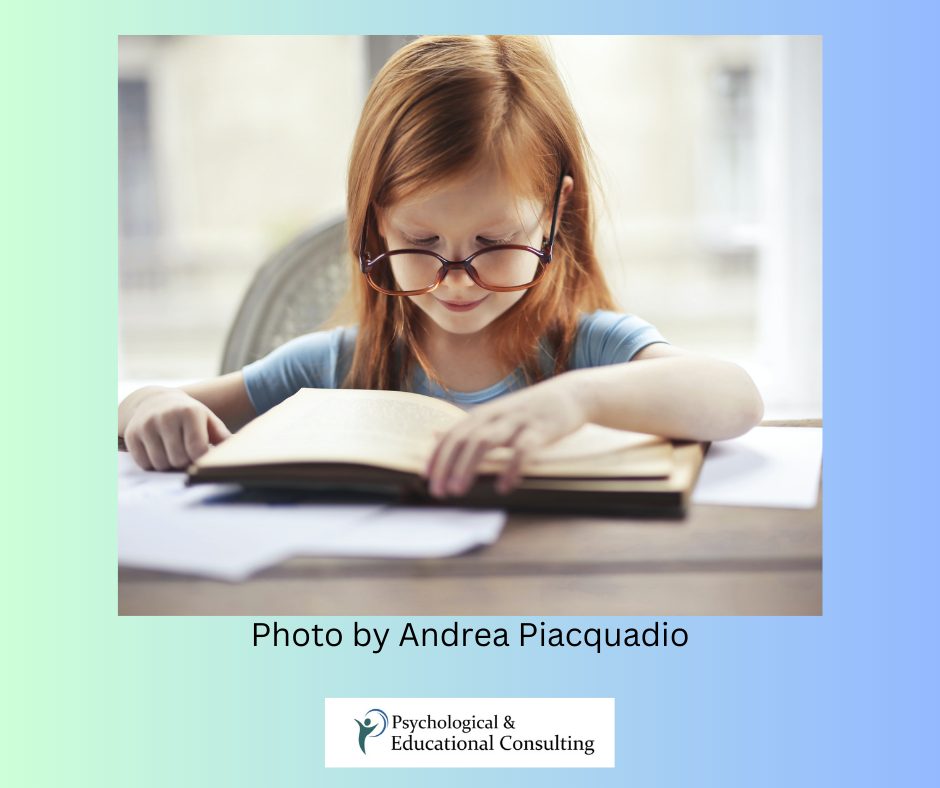Health & Wellness for Kids
The Best Way to Explain Learning Disabilities to Your Child
The Best Way to Explain Learning Disabilities to Your Child
written by
A parent once called my special education school to request an admissions visit for her and her son, who was struggling mightily in school. She asked a strange question in her initial phone call: “Does the school have any signs or posters displayed that identify the program as a school for kids with learning disabilities?”
I asked her why she wished to know this. She replied, “My son doesn’t know that he has a learning disability, and we don’t want him to know.” He knows, Mom. Believe me, he knows.
I have long been puzzled by a parent’s reluctance to discuss a child’s learning disability diagnosis with him. The knowledge that he has an identifiable, common, measurable, and treatable condition often comes as great comfort to the youngster. Without this information, the child is likely to believe the taunts of his classmates and feel that he indeed is a dummy. The truth will set him free!
If a child does not have a basic understanding of the nature of his learning challenges, it is unlikely that he will be able to sustain his motivation in the classroom. Because he is puzzled about the difficulty that he is experiencing at school, he is unlikely to be able to commit to his studies.
“Please Let Him Make Just One Friend.”
“Please Let Him Make Just One Friend.”
written by Mary White, posted on Attitude Magazine
This back-to-school season, I implore you: Please talk to your kids about disabilities. Yes, we need to have conversations about physical disabilities — wheelchairs, braces, missing limbs, hearing aides — but let’s not forget to talk about the hidden disabilities that are so often missed entirely. Just because a child looks normal doesn’t mean there is not a battle going on in their brain, and that is so important for everyone — teachers, friends, relatives — to understand.
Here is what I’d like my child’s teachers and classmates to know about my son: He may say or do things that seem strange. Sometimes these things will make him a target for ridicule, judgments, and being left out. He may be “too extra” for the other kids: the extra energy, extra emotions, extra funny, extra loud, extra caring, extra attentive, etc., means he is bullied by some while other kids steer clear of him to avoid the same.
If your child is like my son, you avoid asking about if he made any new friends. Had he made a friend, the excitement of finally being accepted would be beaming across his face; we would already know our kid had exciting news.
Empathy in every detail: How Sensory-Friendly Home Spaces Enhance Emotional Well-Being in Autism
Empathy in every detail: How Sensory-Friendly Home Spaces Enhance Emotional Well-Being in Autism
Empathy in home design transcends aesthetics and functionality, embodying a thoughtful approach to nurturing well-being and tranquility. It implies crafting spaces that resonate with the intricate nuances of an individual’s sensory preferences, creating an environment where comfort meets necessity. This sentiment is particularly essential in formulating sensory-friendly havens that cater to individuals with Autism Spectrum Disorder (ASD).
ASD, characterized by varying degrees of sensory sensitivities, affects 1 in 36 children, according to the latest study by the Centers for Disease Control and Prevention. Therefore, developing empathetic home spaces isn’t merely an architectural endeavor but a profound act of understanding and accommodating the sensory intricacies that individuals with autism navigate daily. This person-centered approach ensures their living spaces are not just a shelter, but a therapeutic sanctuary that nurtures emotional well-being through every carefully considered detail.
Understanding Sensory Sensitivities in Autism
The Sensory Spectrum in Autism
Navigating the world with autism often involves traversing a unique sensory spectrum, which can encapsulate two contrasting experiences:
- Hypersensitivity: A heightened state of sensory reception, where individuals may find themselves overwhelmed by loud noises or uncomfortable with certain textures. This heightened sensitivity can sometimes transform a bustling environment into a whirlpool of discomfort.
- Hyposensitivity: A diminished sensory response that may manifest as a craving for stronger stimuli. It could be an increased tolerance or even desire for experiences involving pressure, vibration, or other tactile sensations. In this case, finding peace might mean seeking out these intense sensory interactions that others might find too extreme.
Emotional Impacts of Sensory Overstimulation
For those with Autism Spectrum Disorder (ASD), sensory overstimulation can be more than just a fleeting discomfort. It often acts as a precursor to heightened stress, anxiety, and in some cases, full-blown meltdowns. A sudden blast of music or a flash of bright light might not just be a minor nuisance, but a profound emotional trigger.
Studies, like that published in the National Library of Medicine have shown a direct correlation between sensory overwhelm and compromised mental well-being in ASD individuals. This isn’t merely about external disturbances; it’s about the internal tumult that arises from a barrage of sensory input, impacting emotional equilibrium and daily functionality.
The Cornerstones of Sensory-Friendly Home Design
The Role of Colors and Visuals
Colors and visuals wield a remarkable influence in shaping perceptions and evoking emotions. From the serene embrace of pastels to the bold statements of vibrant shades, their role is profound and pervasive.
- Color Psychology in Detail: The hues and patterns surrounding individuals with autism can profoundly influence their mental state. Gentle tones like blues and greens can act as calming agents, nurturing tranquility amidst neurological whirlwinds. Conversely, bright reds or erratic patterns might amplify stress, igniting sensory overload. Thus, a carefully curated visual environment can be a vital tool for fostering emotional equilibrium in those with autism.
- Spatial Arrangements: Open spaces can evoke freedom, while cozy nooks offer security and solace. Creating a harmony between a clutter-free zone and a personalized environment not only facilitates comfort but also significantly enhances emotional well-being, nurturing both independence and tranquility.
Lighting and Its Nuances
Lighting holds nuanced significance in autism, influencing mood and comfort levels. Adapting brightness and hue can forge a supportive, serene space, alleviating sensory sensitivities and promoting integral welfare.
- Natural vs. Artificial Light: The therapeutic embrace of natural sunlight can act as a serene anchor, promoting harmony and stability. On the flip side, the flickering and buzz of fluorescent lighting might stir irritation or discomfort. Hence, carefully selecting lighting sources can be a cornerstone in creating a nurturing and soothing environment for individuals with autism.
- Tailored Lighting Solutions: Customizable elements such as dimmers and colored lights offer a personalized touch, allowing for an environment that resonates with tranquility. Moreover, soft ambient lighting serves as a gentle caress to the senses, ushering in a calming and harmonious atmosphere that nurtures both mind and spirit.
Acoustics and Sound Management
Mastering acoustics is key in autism care, shaping serene environments. Strategic sound management, incorporating both innovative materials and nature’s buffers, cultivates a tranquil space that nurtures emotional stability and peace.
- Buffering External Noises: Utilizing soundproofing materials and sound-absorbing elements enhances tranquility, providing a haven from auditory overstimulation. Incorporating natural sound barriers like trees or outdoor fountains not only dampens unwanted noises but also introduces soothing auditory textures, promoting emotional health in both indoor and outdoor environments.
- Incorporating Beneficial Sounds: Acoustic engineering goes beyond muting; it’s about curating therapeutic soundscapes, especially for autism. Research indicates that soothing elements like white noise or nature sounds can significantly alleviate stress. Tailoring soundscapes to individual preferences, thereby, not only fosters a calming ambiance but also empowers them with a sense of control and comfort in their surroundings.
Tactile Experience and Furnishings
Thoughtfully selected furnishings offer sensory comfort, supporting individuals with varied touch sensitivities, and nurturing a harmonious environment of solace.
- Material Selection: Opting for tactile-friendly fabrics like soft cotton and plush textures extends a gentle invitation to comfort. On the contrary, steering clear of rough wool and certain synthetics prevents sensory discomfort. Material selection thus becomes a guiding compass, steering mental well-being through every touch.
- Furniture Designs: Embracing rounded edges over sharp corners not only enhances safety but also fosters a sense of ease. Prioritizing stability and predictability with robust, grounded furniture pieces offers comfort and a reliable environment, vital for nurturing emotional well-being in individuals on the autism spectrum.
Evaluating the Transformative Effects of Sensory-friendly Design
Emotional and Psychological Well-being
- Stress Reduction: Minimized sensory-triggered meltdowns translate to improved emotional well-being. A 2021 study highlights how tailored environments lead to enhanced sleep quality and overall relaxation. By curating spaces that cater to sensory needs, a tangible reduction in stress-related challenges is achieved, fostering a peaceful living experience.
- Boosted Social Interaction: Creating comfortable environments serves as a catalyst for improved interactions. A positive feedback loop is established, wherein enhanced social interactions not only enrich experiences but also contribute to the cultivation of more frequent and meaningful social connections.
Fostering Independence and Skill Growth
- Self-regulation Techniques: Exploring the realm of fostering independence and skill growth in autism unravels the power of self-regulation techniques. Individuals learn to tailor environments to align with their sensory needs, fostering autonomy. Embracing tools and technology aids in refining sensory processing, enabling them to navigate the world with increased confidence and competence.
- Skill and Confidence Building: In the context of emotional state in autism, skill and confidence building emerge as essential pillars. Mastering one’s personal space fosters a heightened sense of self-worth and agency. By promoting the exploration of novel activities and embracing challenges, individuals are encouraged to step beyond their comfort zones, cultivating resilience and a robust foundation of self-assuredness.
Physical Health Benefits
- Improved Sleep Patterns: Crafting optimal sensory environments plays a pivotal role in facilitating restful sleep. The interconnectedness is evident: enhanced sleep ripples positively, bolstering overall health and consequently, contributing to the elevation of emotional balance in individuals on the autism spectrum.
Enriched Learning Environments
- Optimal Sensory Stimulation for Learning: Within the framework of emotional well-being in autism, the concept of enriched learning environments takes center stage. Striking the delicate equilibrium between sensory inputs that foster concentration and those that potentially distract is crucial. Strategies such as using ambient noise machines to enhance focus and incorporating tactile tools for kinesthetic learners underscore the intricate art of providing optimal sensory stimulation for effective learning experiences.
- Holistic Development: The canvas of emotional condition in autism is painted with the strokes of enriched learning environments. These spaces serve as catalysts for holistic development, nurturing cognitive, motor, and social skills. A sensory-friendly reading nook, for instance, becomes a vibrant hub where language acquisition flourishes, illustrating how tailored spaces empower individuals to embark on a comprehensive journey of growth.
Enhanced Family Dynamics and Relationships
- Shared Understanding and Bonding: A sensory-friendly home acts as an arena where siblings and parents alike glean insights into sensory sensitivities and needs. This ripple effect extends beyond, nurturing empathy, patience, and forging profound familial bonds, amplifying the enriching journey of growth for all members involved.
- Positive Feedback Loop: Creating a comfortable environment initiates a positive feedback loop: alleviating stress within the family, fostering more positive interactions, and nurturing robust, enduring bonds. This symbiotic relationship between well-being and relationships reinforces the delicate balance that harmonizes within the familial ecosystem.
The Bottomline
Advocating for empathetic design across all spaces is crucial to enhance emotional well-being in autism. This commitment goes beyond homes, extending to public and private environments, fostering inclusivity and addressing diverse sensory needs. A collective effort towards creating such spaces not only improves the lives of individuals with autism but also contributes to more compassionate and harmonious societies.
Looking forward, the evolution of sensory-friendly design is marked by technological advancements and innovations. From smart sensors to adaptive environments, these developments hold great promise in tailoring spaces to individual sensitivities. Yet, awareness and education remain essential to drive lasting change. By nurturing understanding and empathy, we can build a future where sensory-friendly environments are the norm, ushering in a world that champions the well-being of everyone.
What Qualifications Should You Look For When Choosing a Counselor?
What Qualifications Should You Look For When Choosing a Counselor?
written by Amy Forester
A counselor can help you process complex emotions and manage challenging life circumstances by giving you a listening ear and healthy coping strategies. Counselors can help with a variety of issues including bereavement, anger management, substance addiction, depression, anxiety, marital problems, and behavioral issues in children and teenagers. The right counselor can transform your relationship with yourself and others and help you to dramatically improve your emotional wellbeing.
When choosing a counselor, it’s important to look at their experience and their specialties to decide if they’re the right fit for you. You should also look into their qualifications to check that they have the appropriate skills to help you and that they’re legally permitted to provide counseling services.
Here are three qualifications you should look for when searching for a counselor.
1. Master’s degree – Most states require counselors to have a master’s degree in a field related to counseling, with the most popular option being psychology. Psychology is the study of human behavior and the emotions that drive it, and it’s incredibly valuable for counselors to have an academic understanding of why people think, act and react the way they do. Other common master’s degrees for counselors include social work, education, and mental health counseling. While psychology is a favored all-rounder, it’s important to consider a prospective counselor’s specialty and how their degree fits into it. For example, it makes sense for a school counselor to have a master’s in education.
2. Professional counselor licensure- All counselors must have a professional counselor license to demonstrate that they have met the minimum requirements for practicing as a counselor. Licenses are obtained from state boards and these requirements for licensing vary from state to state, covering both formal education and practical work experience. All states require counselors to pass the National Counselor Examination (NCE) or the National Clinical Mental Health Counselor Examination (NCMHCE) to achieve their license. It’s essential that counselors complete a minimum number of supervised experience hours to achieve their license, and this is typically between 2,000 and 3,000 hours. Some states have two levels of licensure, one for recent graduates still accumulating their supervision hours (known as associate counselors), and one for counselors who have completed their supervision hours and can practice independently (known as professional counselors). If you choose to see an associate counselor, you can rest assured that they will have the professional support of a more experienced counselor who will monitor their caseload and provide ongoing training.
3. Continuing education credits – In order for counselors to maintain their licensure, most states require them to earn continuing education credits on an annual or biennial basis. Some states stipulate that continuing education takes place on specific topics, with ethics being a common compulsory topic. Counselors may not necessarily attain formal qualifications when studying for their continuing education credits, but they might list their specialties which gives you an idea of where they have focused their continuing education.
Choose your counselor with care
Choosing the right counselor is key to getting the most out of counseling. Be sure to check that a prospective counselor has the appropriate qualifications and relevant experience before you begin seeing them.
Five Ways to Beat Back-to-School Jitters
Five Ways to Beat Back-to-School Jitters
written by Katie Hurley, LCSW, posted on PBS
It’s that time of year again: Summer is winding down and families are preparing for the new school year. Whether your child is headed to kindergarten for the first time or returning for another year of preschool, the transition from summer to school is packed with emotions.
It’s perfectly natural for even the most enthusiastic young learner to feel nervous and uncertain. A new school year comes with a new classroom, a new teacher and new classmates. The classroom rules and routines are likely to change, as are the behavioral and academic expectations. It’s a lot to manage when you’re young.
Many children struggle to find the words to describe how they’re feeling when under stress, so it’s important to watch for behavioral changes. You know your child’s baseline. If your child normally falls asleep easily and sleeps through the night, but begins to struggle with bedtime or has nightmares or night wakings as the school year approaches, this is a good indicator that your child is experiencing anxiety. Other signs of stress can include the following:
- Sleep disturbance
- Changes in eating habits
- Mood changes
- Clingy behavior
- Increased frustration
- Frequent meltdowns
- Decreased social interactions
- Refusal to engage in normal daily activities
While many children will enter the first day of school without a worry, it does help to spend time focusing on the emotional needs of your child as the transition approaches. Take these steps to help your child prepare for a new school year.
My Father Didn’t Tell Me How To Live…
7 Habits of Highly Playful Parents and Happy Kids
7 Habits of Highly Playful Parents and Happy Kids
written by Ashley Soderlund Ph.D., posted on nurture and thrive
Have you ever had the experience of meeting a stranger and connecting with them in a way that changes you?
Many years ago, I sat next to a woman on a plane and she changed the course of my future as a parent. We began talking and realized we were both child development psychologists. But, we didn’t talk about work that day — we talked about what it means to be a parent.
We were talking about how it’s not about how much time you spend with your kids, but rather, the quality of the time that you do spend with them.
We were talking about connection.
She told me that the week before, she woke her kids in the predawn hours with the promise of donuts and adventure. They piled into the car, bed head and all, and drove three hours away to the beach. They arrived just as the first pink streaks filled the sky and together they huddled under a blanket, munched donuts, and watched the sunrise over the ocean.
It’s Possible to Be…
2023 Summer Reading Lists of Best Books For Kids
2023 Summer Reading Lists of Best Books For Kids
written by Melissa Taylor, posted on imaginationsoup.net
It’s time for summer reading lists, reading programs, and reading challenges! Get your kids, ages 5 to 18, reading with book recommendations from these up-to-date summer reading lists. These summer reading book lists are for every grade level, preschool, early elementary school, upper elementary school, middle school, and high school!!
Over the summer months, choose summer books from the grade level list the child will be entering in the fall. (Unless you know that your child needs modifications. Meaning– if your child is below or above grade level, check different grade level lists — lower or higher. The grade level isn’t as important as helping children read daily, so they grow in their reading skills. Just as long as their reading, am I right?)


